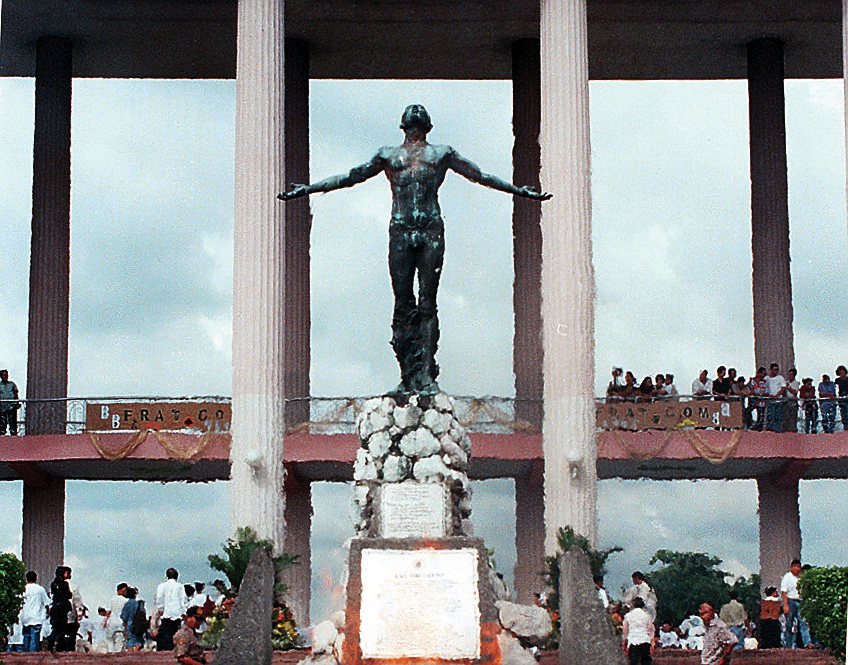Removal of scholarship of anti-gov students ‘against the law’

Credit to Author: cbibe| Date: Sun, 24 Feb 2019 05:49:10 +0000
LEGAZPI CITY, Philippines – Albay Rep. Joey Salceda on Sunday has warned that removing the scholarship of so-called anti-government students would be in violation of the principles that the Universal Access to Quality and Tertiary Education Act (UAQTEA) or Republic Act 10931 was created for.
Salceda said National Youth Commission (NYC) chair Ronald Cardema failed to read the spirit of the UAQTEA which he originally crafted in the lower house.
In a statement last week, Cardema urged President Rodrigo Duterte to remove the scholarship of students “allied with the leftist CPP-NPA-NDF, a terrorist group that is trying to overthrow the Philippine Government and killing our government troops,”
“It is the duty of every Filipino Youth to become our hope, in strengthening our nation, & to fight those who are trying to crush our Republic,” he added.
READ: NYC chair: Remove scholarships of ‘anti-government’ students
“The law is pretty clear in setting the basis for the loss of scholarship, nothing in the law may be construed making as the basis for cancelation of scholarships of suspected ‘anti-government’ students and there is no practical process for identifying them anyway,” Salceda said in a statement.
Under RA 10931, the loss of scholarship in Section 6 include: first, when students failed to complete the course within one year after a prescribed period; second, failure to comply with admission and retention policies of the institution.
Thus, the proposal, however, parsed and evolving “violates the provisions of the Free College Law and the spirit of universal access to quality education, and diminishes the singular legacy of the Duterte administration”, he added.
Salceda said the UAQTEA guarantees free college education regardless of belief or political persuasion of the student, or his stand on prevailing issues, for as long as he is not proven to have broken any law or the retention policies of the school.
Salceda said the Free College Law sets only two basic eligibilities for national scholarships or financial assistance, first, the student must be a Filipino citizen and second, must be admitted to a course by an accredited tertiary institution.
He also warned that the Cardema proposal to remove the scholarship of student activist could consequently mean collecting fees from them, which is illegal under the Free College Law.
Under the Free College Law, government scholars who failed to comply with the provisions “shall be charged the tuition and other school fees, that the state universities and colleges have granted them.”
Malacañang, lawmakers, the justice secretary, and student groups recently rejected the proposal saying this would violate the constitutional right to freedom of speech and expression. /cbb